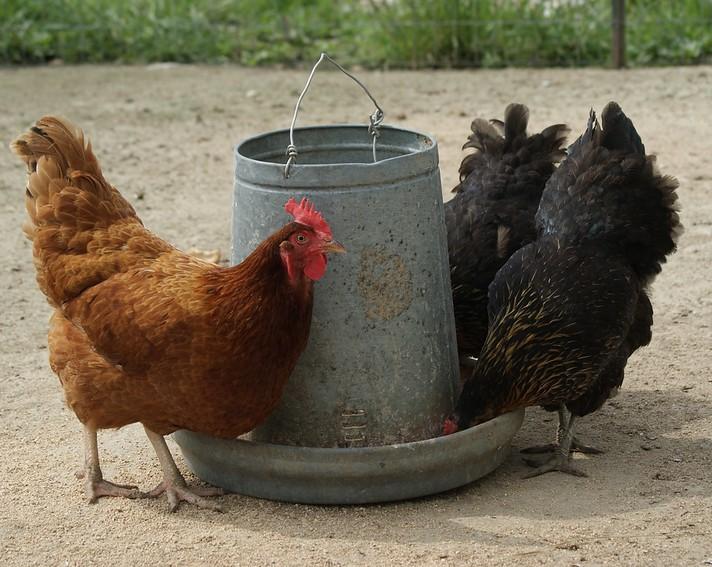World Health Organization (WHO) officials today said Cambodia's health ministry has reported a second H5N1 avian flu case, involving the father of the 11-year-old girl who recently died of her infection.
Also today, WHO officials said its flu vaccine strain selection group, as part of its regularly scheduled biannual meeting, recommended adding another candidate H5N1 vaccine virus, if needed.
WHO in close contact with Cambodia
At a briefing, Sylvie Briand, MD, who directs the WHO's epidemic and pandemic preparedness division, said the second case is one of the girl's 12 contacts and that testing is still under way on others. Yesterday, media reports that cited Cambodian health officials said four of the contacts experienced flulike symptoms.
"The global H5N1 situation is worrying, given the widespread virus around the world in birds and the increased reports of cases in mammals, including humans," she said.
Briand said WHO officials are in close communication with Cambodian officials and that the two groups are meeting in a teleconference today. So far, it's not clear if the two patients had the same exposure to the virus or if the case represents human-to-human spread, she said. The new case marks the ninth H5N1 infection since the virus started spreading rapidly in wild birds and poultry
Recent developments with H5N1 have prompted the WHO to reassess the risk for the virus, Briand added. In earlier assessments, health officials have said the risk to humans is low and that so far there's no genetic evidence that the virus can more easily infect humans.
The WHO has recorded 965 human H5N1 cases since 2003, and though the virus has a high mortality rate of more than 50%, it isn't known to spread easily among people.
WHO officials said highly pathogenic H5 avian influenza viruses have been circulating in Southeast Asia, including Cambodia, since the early 2000s.
Richard Webby, PhD, a virologist who directs the WHO collaborating center at St Jude Children's Research Hospital in Memphis, said multiple H5N1 clades are circulating in Cambodia's poultry, including 2.3.4.4b as well as a more localized lineage.
Experts recommend new H5N1 candidate vaccine virus
WHO's flu strain selection group typically discusses whether new candidate viruses are needed to address emerging zoonotic flu threats when it meets to recommend the strains to include in upcoming seasonal flu vaccines for the Northern and Southern Hemispheres.
Along with their picks for the Northern Hemisphere's 2023-24 season today, advisory committee members announced a recommendation for a new H5N1 candidate vaccine virus. The virus is similar to a waterfowl sample collected in 2021 from South Carolina.
Webby said the new candidate vaccine virus against H5N1 was recommended in response to the spread of H5, especially in the Americas, which has seen minor evolution in the virus related to the spread.
At the briefing, Wenqing Zhang, MD, head of the WHO's Global Influenza Program, said as part of global monitoring, the group had recommended nearly 20 H5 candidate viruses.
Briand said H5N1 vaccines that countries have in their stockpiles are still a good match against circulating viruses. She added that having a library of candidate vaccine viruses shortens the production time if a new vaccine is needed to tackle a pandemic threat.




















